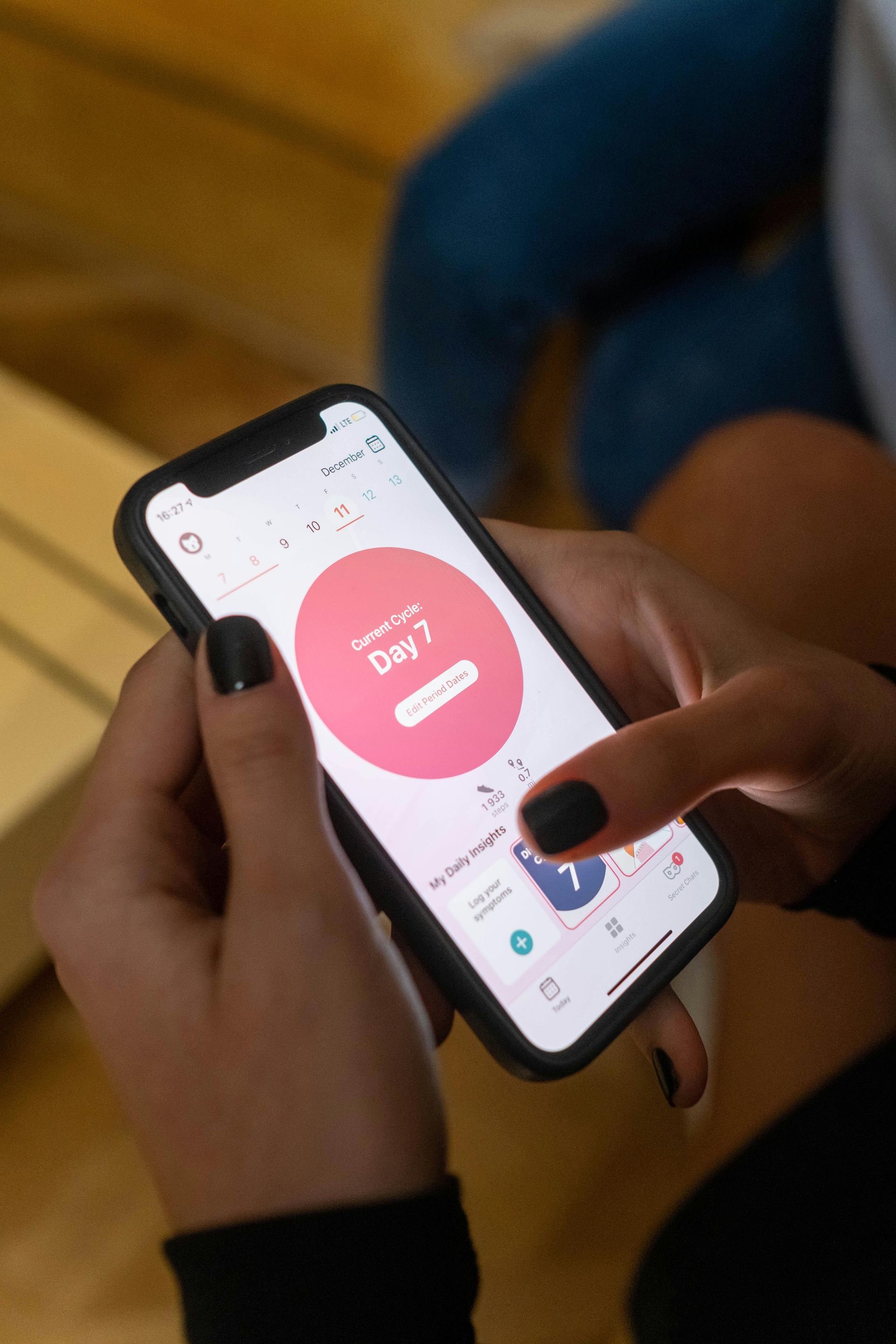What is Ulcerative Colitis?
How to heal and prevent flare ups
What is Ulcerative Colitis?
Ulcerative colitis is an inflammatory bowel disease (IBD) that causes inflammation and ulcers (sores) in the innermost lining of your large intestine (colon) and rectum with symptoms developing over time, rather than suddenly. It is more common in men between the age of 30-40 years of age.
Symptoms include:
- Diarrhoea, often with blood or pus
- Abdominal pain and cramping
- Nausea and vomiting
- Rectal pain and bleeding
- Urgency to defecate often accompanied with inability to defecate despite urgency
- Weight loss
- Fatigue and fever
- Failure to grow in children
Associated complications can include
- Severe bleeding and a perforated colon
- Severe dehydration
- Skin, joints and eyes inflammation
- Higher risk of Colon cancer
- Higher risk of blood clots
- Bone loss and osteoporosis
Causes
The cause of UC is unknow however known risk factors include genetics, although this is not a consistent predictor as well as abnormal immune function. High stress, an imbalanced lifestyle and a poor diet have also been associated with increasing the risk of experiencing UC and relapsing. Further risk factors include:
- Antibiotics
- Breast feeding less than 6 months
- Increased intake of sugar, alcohol, processed foods, animal protein and processed meats, margarines and vegetable oil, omega 6 fats
- Vitamin D deficiency
Diagnosis
Involves a colonoscopy as well as relevant blood tests. These are often performed by your GP and gastroenterologist.
Dietary Treatment
The priority here is to reduce inflammation, balance the microbiota and heal the gut lining. This can be achieved through dietary and lifestyle modification and taking certain supplements.
Eliminating triggers such as: gluten, dairy, soy, corn, sugar, any chemicals added to processed and packed foods, alcohol, coffee, spicy foods, pepper, vegetable oils and processed meats is key. Other foods/drinks may need exclusion pending your symptoms. Your integrative dietitian can advise what these may be.
You may also need to avoid certain medication, toxins and chemicals found in your personal care products. For example,
NSAIDS (ibuprofen) have been found to increase risk of relapse. Reducing stress, ensuring enough sleep and exercise are also key strategies you should consider along side a balanced diet and tailored supplemental regimen.
Remember it took you some time to get this condition and change doesn't happen overnight! You will likely need to remain open, flexible and committed for the long term to learn how eat and live differently than before.
Therefore, it is extremely important you work with an integrative dietitian who can teach you how to manage your condition and can create a personalised nutrition and lifestyle strategy to ensure long term good health.




